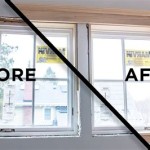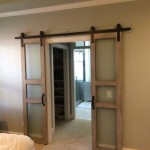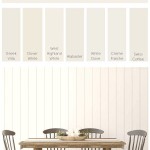Interior walls are one of the most important factors in ensuring that sound is not transferred between rooms in your home or commercial building. Without proper insulation, sound can travel through walls and cause unnecessary distractions. Fortunately, there are many types of insulation available that can help reduce sound and keep it contained within the desired areas. In this article, we’ll explore the different types of insulation for interior walls for sound and how to choose the best option for your needs.
Different Types of Insulation for Interior Walls
The most common type of insulation for interior walls is fiberglass insulation. This material is made from a combination of sand, glass fibers, and other materials and is designed to provide both thermal and acoustic insulation. Fiberglass insulation can be used in both residential and commercial settings, and it offers excellent sound control. The downside to fiberglass insulation is that it does not always provide the most efficient soundproofing, so it may not be the best choice for more noise-sensitive areas.
Another popular option for interior wall insulation is cellulose insulation. This type of insulation is made from recycled paper products and is often used in residential settings. It provides good soundproofing and is often more eco-friendly than fiberglass insulation. The downside to cellulose insulation is that it can be more expensive than fiberglass insulation and may not be as effective at blocking sound.
Finally, foam insulation is another option for interior wall insulation. It is made from a combination of plastic and rubber and is designed to provide both thermal and acoustic insulation. Foam insulation is often used in commercial settings and is often more expensive than fiberglass or cellulose insulation. However, it can provide superior soundproofing and can be a great option for noise-sensitive areas.
Choosing the Right Insulation for Your Needs
When it comes to choosing the right insulation for interior walls for sound, there are several factors to consider. First, consider the type of sound you are trying to block. Different types of insulation will offer different levels of soundproofing, so it’s important to choose the right type for your needs. Additionally, consider the environment in which the insulation will be installed. Different types of insulation may be better suited for different types of environments, so it’s important to choose the right type for your space.
Finally, consider the cost of the insulation. Different types of insulation will have different costs, so it’s important to determine your budget before making a purchase. By taking these factors into account, you can ensure that you choose the right insulation for interior walls for sound.















Related Posts








